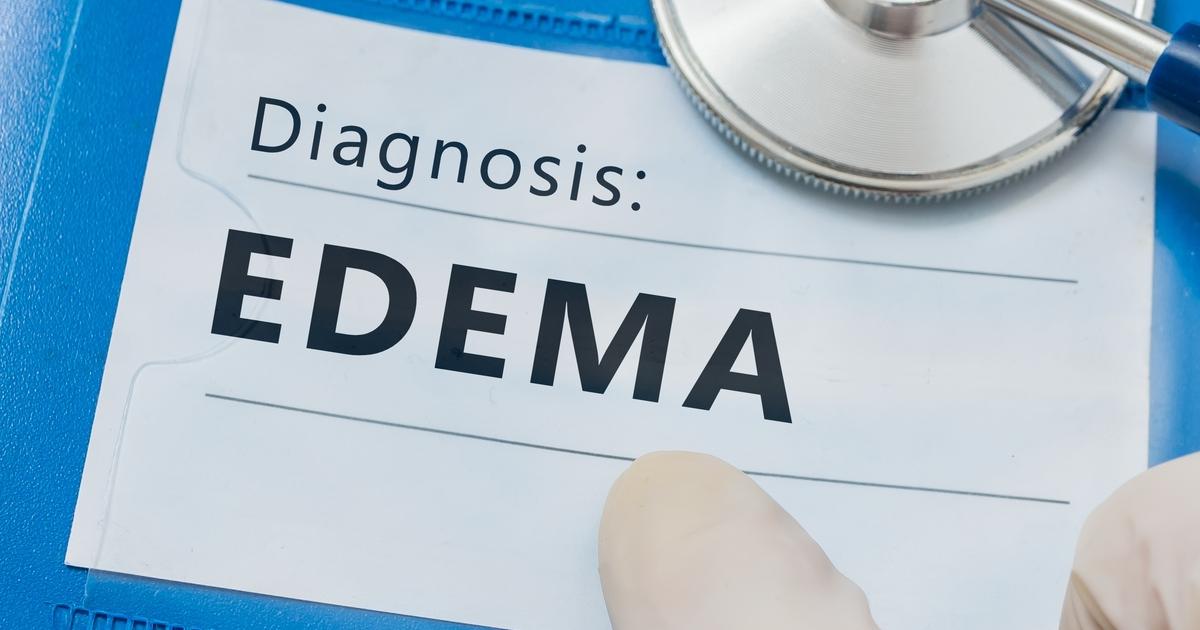Serious Complications Linked To An Embolic Stroke
Embolic stroke is a serious medical emergency that occurs when a blood clot develops in the body, breaks loose, and makes its way to the brain via the bloodstream. A stroke occurs when an artery that supplies blood to the brain becomes obstructed by the mobilized blood clot. The embolic stroke-causing blood clots can develop in any region of the body but usually derive from the arteries in the neck, upper chest, and heart. An embolic stroke presents suddenly with trouble walking, temporary paralysis, difficulty speaking, inability to understand words, face numbness, limb numbness, coordination problems, weakness, stiff muscles, unilateral paralysis, confusion, altered consciousness, visual agnosia, and slurred speech. A CT scan, MRI, carotid ultrasound, echocardiogram, cerebral angiogram, and blood tests are used to diagnose an embolic stroke. Medications to break apart the clot or mechanical clot removal are used as treatment.
Several complications may occur due to an embolic stroke. Get familiar with them now.
Pneumonia
Pneumonia is a serious infection of the air sacs in an individual's lungs. The alveoli or air sacs in the lungs fill up with pus and or phlegm, making it difficult to breathe normally. Pneumonia has many causes, but the most significant cause of pneumonia in individuals who have had an embolic stroke is aspiration. Pulmonary aspiration describes when an individual unintentionally inhales fluid particles, saliva particles, food particles, vomit particles, or other particles into their airways and lungs. Aspiration happens when an individual has a malfunctioning swallowing reflex or an inability to control the movement of their tongue. These particles aspirated into an affected individual's lungs cause irritation and provide a favorable breeding ground for bacteria. Pneumonia forms when bacteria colonize and inflammation occur in an individual's lungs. An individual who experiences a stroke may incur damage to the part of the brain that controls the swallowing reflex, the component responsible for proper tongue movement. Therefore, patients who have had a stroke are at an increased risk of developing pneumonia, especially when they have dysphagia.
Uncover more complications of an embolic stroke now.
Cerebral Edema

Cerebral edema is a condition where the tissues of an individual's brain become swollen due to fluid trapped inside of them. A stroke causes cellular damage and destruction to the affected brain tissues. An individual's immune system is programmed to respond to any cellular damage in the body rapidly. When the immune system responds to damage in the brain from an embolic stroke, the tissues begin to swell due to the influx of immune system components and their actions. When the brain tissues swell, they put pressure on the blood vessels that supply the brain tissue with blood and on the lymphatic vessels responsible for removing fluid from the tissues and returning it to the bloodstream. This vessel compression does not allow the proper movement of excess fluid out of the affected individual's brain, causing cerebral edema, the accumulation of fluid in the brain tissues. As a result of this dysfunctional process, the brain tissues swell further inside of the patient's skull. Cerebral edema causes brain damage and may result in death.
Keep reading to learn more about potential complications of an embolic stroke now.
